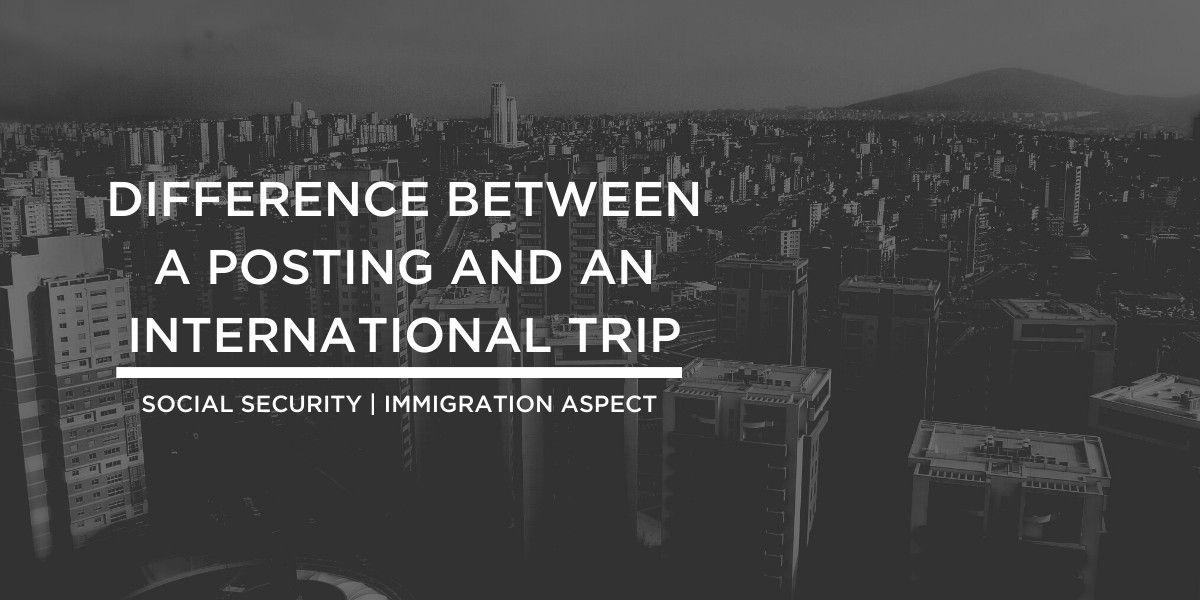
In order to look at this question, it is necessary in the first place to appreciate the difference between whether we are talking from the migratory point of view or from the social security point of view.
Differences with respect to Social Security
From a social security point of view, there is no difference between one and the other. Posting communications with maintenance of Spanish legislation on Social Security must be made:
- Whenever there is “physical” posting and;
- Always prior to it happening.
As such, the obligation to communicate exists regardless of the number of days that the posting is expected to last. In other words, in the event that your company temporarily moves a worker to another country, this move must be reported to Social Security. In this other post we talk in more detail about workers posted to the European Union in case you want more information: Posted workers in the European Union.
Differences considering the immigration aspect
From the migratory point of view, there is an important difference, since international travel (which frequently does not need to obtain a work permit) is understood as travel for periods of less than 90 days and as long as no substantive work is done, that is, the reason for the trip is business meetings, participation in events, training activities or even, in the case of the protocol between the United Kingdom and the EU, research and design activities.
In some countries, for example, even traveling to assemble machinery acquired in the country of origin can be considered an activity exempt from the obligation to obtain a work permit.
In all other cases, this substantive work will require a work permit, regardless of the number of days for which the worker is posted. GD Global Mobility takes care of the management of international work permits and visas in the event of wanting to post workers from Spain to any country in the world.




